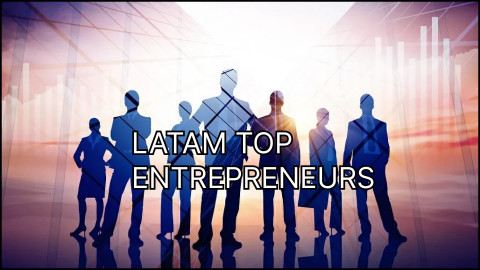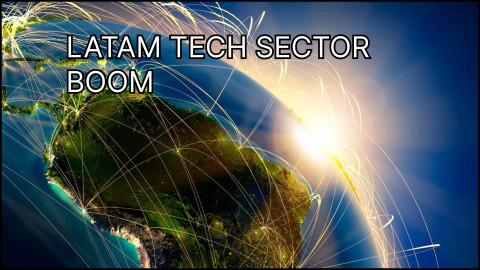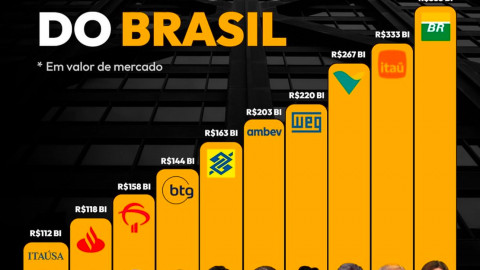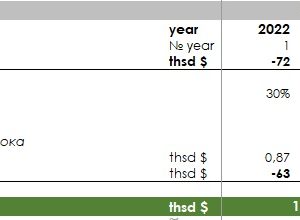The situation involving Elon Musk, Alexandre de Moraes, and the use of VPNs in Brazil centers around a significant legal and political conflict:
- Elon Musk and X Corp (formerly Twitter): Elon Musk has positioned himself as a defender of free speech, particularly in the context of his ownership of X. His refusal to comply with certain judicial orders in Brazil has led to a direct confrontation with Brazilian authorities.
- Alexandre de Moraes: As a Supreme Court Judge in Brazil, Moraes has taken actions aimed at combating disinformation and what he considers illegal content on social media platforms. His decisions have included ordering the suspension of accounts on X and demanding that X appoint a legal representative in Brazil, leading to a broader crackdown on the platform.
- Ban on X in Brazil: Due to non-compliance with these judicial orders, Moraes ordered the suspension of X across Brazil. This decision was made after Musk’s refusal to name a legal representative and to censor accounts as per the court’s demands, citing principles of free speech and claiming the orders were illegal.
- VPN Usage: Following the ban, there was mention of the use of VPNs as a means to circumvent the block on X. Initially, Moraes had included measures to penalize the use of VPNs to access X, but later he backtracked on some aspects of these restrictions due to public and legal pushback. However, the use of VPNs in this context highlights the ongoing battle between internet freedom and national judicial control.
- Public and Legal Reaction: The situation has sparked a debate on freedom of speech versus national sovereignty in regulating content on the internet. Musk’s posts on X reflect his stance against what he perceives as unjust censorship, while Moraes’s actions are framed as efforts to protect Brazilian democracy from disinformation, albeit criticized for potential overreach.
- Starlink and Other Impacts: Beyond X, Musk’s other venture, Starlink, has been affected, with its assets frozen in Brazil as part of the enforcement actions against Musk’s companies for non-compliance with judicial orders. Musk has offered to provide Starlink services for free to certain institutions in Brazil amidst this conflict.
This case exemplifies the complexities of global internet governance, where local laws clash with the principles of open internet advocated by tech leaders like Musk. The use of VPNs by individuals to bypass national internet restrictions underscores the technological cat-and-mouse game that often ensues in such scenarios.
Brazil Top 10 VPN
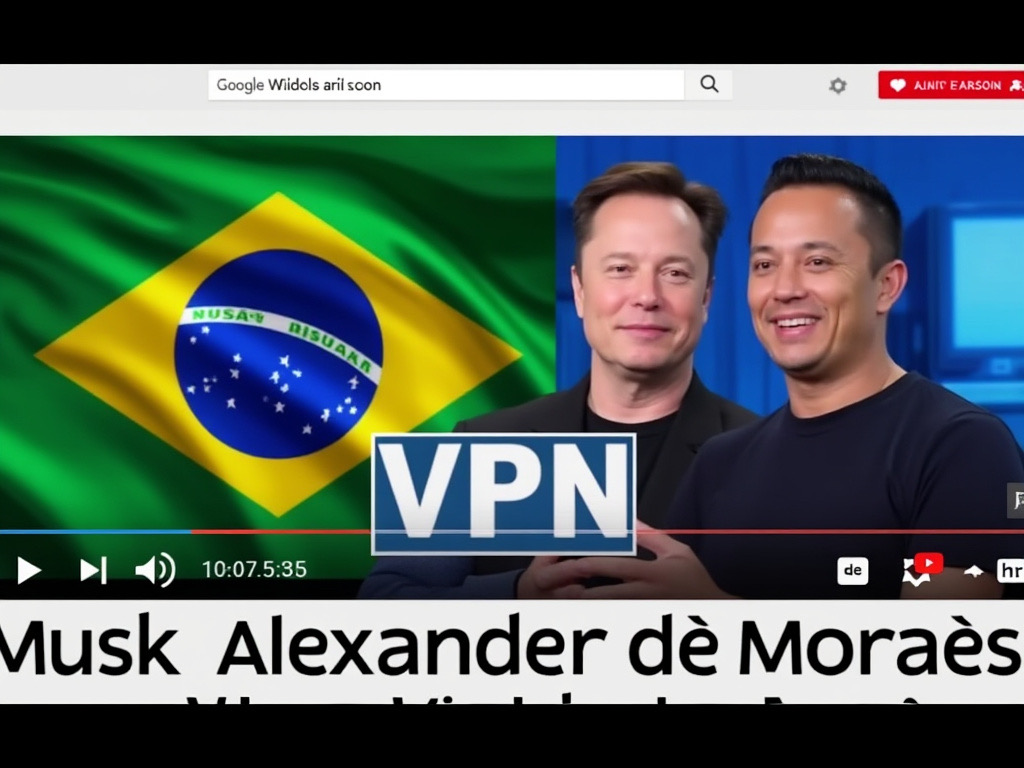
Certainly, here’s the continued list of the top 10 VPNs in Brazil with their founders:
- ExpressVPN
- Founders: Peter Burchhardt and Dan Pomerantz
- Background: Founded in 2009, ExpressVPN has become one of the most recognized VPN services globally, known for its emphasis on privacy and performance.
- NordVPN
- Founders: Tom Okman, Eimantas Stankevicius, Jonas Karklys, and Domas Sabockis
- Background: Launched in 2012 by these four friends from Lithuania, NordVPN quickly grew due to its strong focus on security, privacy, and user-friendly features.
- Surfshark
- Founders: Vytautas Kaziukonis
- Background: Surfshark was launched in 2018 by Vytautas Kaziukonis, focusing on delivering a cost-effective VPN service without compromising on features or security.
- CyberGhost
- Founder: Robert Knapp
- Background: Founded in 2011 in Romania, CyberGhost was created by Robert Knapp to offer privacy-focused VPN services, which have become popular due to their ease of use and reliability.
- Private Internet Access (PIA)
- Founder: Andrew Lee
- Background: Established in 2010, PIA was created by Andrew Lee, focusing on a commitment to user privacy, which has led to its widespread adoption.
- IPVanish
- Founder: Mudhook Media Inc.
- Background: Launched in 2012 by Mudhook Media Inc., a subsidiary of Highwinds Network Group, IPVanish has gained a reputation for its fast and secure VPN services.
- Hotspot Shield
- Founder: David Gorodyansky and Eugene Malobrodsky
- Background: Founded in 2008 by David Gorodyansky and Eugene Malobrodsky under AnchorFree, Hotspot Shield is known for its strong encryption and fast connections.
- VyprVPN
- Founder: Ron Yokubaitis and Carolyn Yokubaitis
- Background: Launched in 2009 by Ron and Carolyn Yokubaitis through their company Golden Frog, VyprVPN is known for its strong privacy policies and self-owned server infrastructure.
- ProtonVPN
- Founder: Dr. Andy Yen, Jason Stockman, and Wei Sun
- Background: ProtonVPN was founded in 2017 by the same team behind ProtonMail, including Dr. Andy Yen, Jason Stockman, and Wei Sun, with a focus on providing high-security, privacy-focused VPN services.
- Windscribe
- Founders: Yegor Sak and Alex Paguis
- Background: Founded in 2016 by Yegor Sak and Alex Paguis, Windscribe offers a feature-rich VPN service with both free and paid plans, gaining popularity for its generous free tier and solid privacy features.
These VPNs are known for their strong privacy policies, robust security features, and global reach, making them popular choices for users in Brazil and around the world.
August 31, 2024

